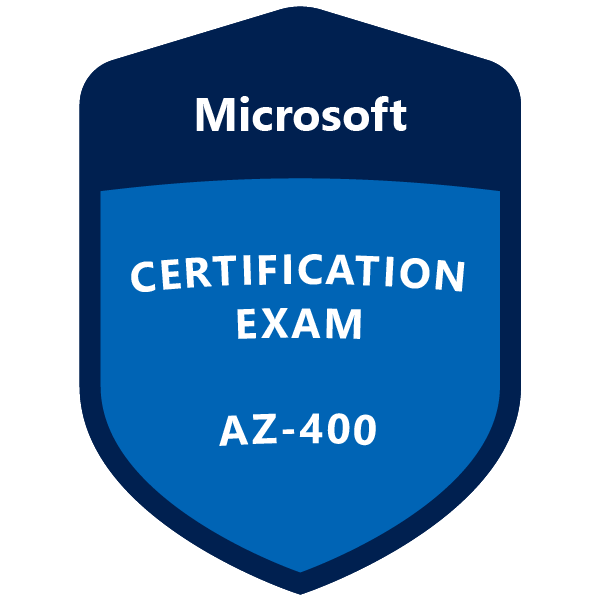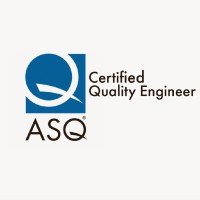The Microsoft Azure AZ-400 exam covers the following topics –
- Develop an instrumentation strategy (5-10%)
- Develop a Site Reliability Engineering (SRE) strategy (5-10%)
- Develop a security and compliance plan (10-15%)
- Manage source control (10-15%)
- Facilitate communication and collaboration (10-15%)
- Define and implement continuous integration (20-25%)
- Define and implement continuous delivery and release management strategy (10-15%)






